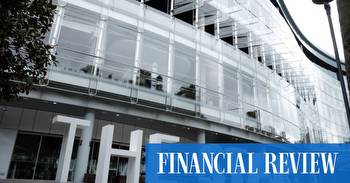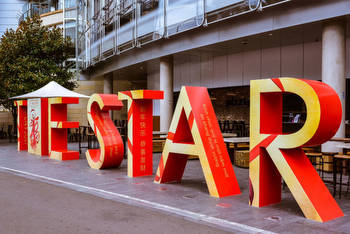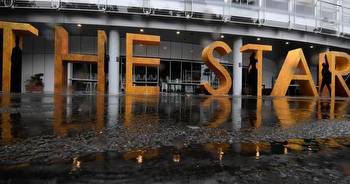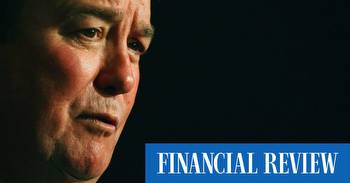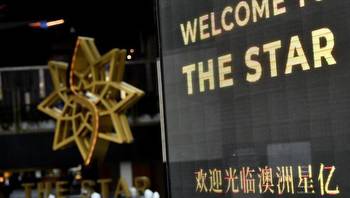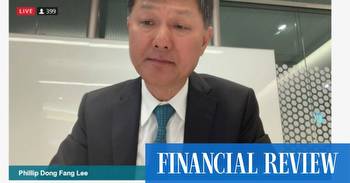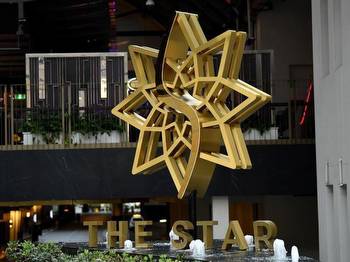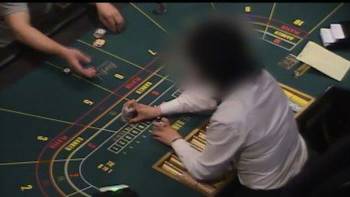Star casino opened door to ‘intrinsic money laundering risks’, inquiry hears

By September 2021, Sharp said, “alarm bells should well and truly have been ringing”.
“It’s really only been in the course of these public hearings that the board has developed real insight into the conduct of senior management and the extent of unsuitable associations and uncontrolled money laundering risks,” Sharp suggested.
Earlier, the inquiry heard Star enabled overseas high-rollers to disguise millions of dollars in cash transfers through a proxy payment company that handed out loans to help patrons gamble.
Hong Kong subsiduary EEI Services was entirely controlled by Star Entertainment to funnel money into the casino and to enable the repayment of gambling debts.
Sharp raised serious concerns about EEIS, which seemed to have “no commercial purpose”, and said Star had opened its door to intrinsic money laundering risks.
Former Star chief executive officer Matt Bekier and former chief financial officer Harry Theodore were directors of EEIS.
The inquiry heard claims that Star used EEIS from 2019 to help customers in Macau disguise large cash payments to the casino, after the Bank of China shut down Star’s Macau bank account because it would not touch gambling funds.
A forensic accounting report tendered to the inquiry claimed the EEIS arrangement showed Star was willing to engage in “window dressing” to navigate potential regulatory and legal obstacles.
The report suggested it placed the casino at “grave risk of failing to mitigate, manage and report the risk of money laundering and terrorism financing and or potentially being complicit in enabling ... illicit funds”.
The inquiry has heard Star also employed an interim method in 2018, through which a Macau-based junket associate, Kuan Koi, accepted millions of dollars from patrons into his personal account and transferred them to the casino.
By moving the money, Koi could obscure the true source of funds from law enforcement, Sharp suggested.
“[It is] just completely unacceptable for a casino, in view of the intrinsic money laundering risks,” Sharp said.
The inquiry has previously heard claims that employees of the casino misled the Bank of China in Macau with fake documents from 2013 to 2017, using templates to vouch for the source of funds, despite never conducting any check.
When Star’s chief financial crime officer Skye Arnott was asked about the process during a hearing last month, she agreed it was concerning because of its “obscuring the source of funds,” Sharp said.
“Obscuring is something of a euphemism,” added Bell.
“Indeed,” Sharp replied.
The inquiry continues.
Our Breaking News Alert will notify you of significant breaking news when it happens. Get it here.









